Beneficial Flowers For The Vegetable Garden
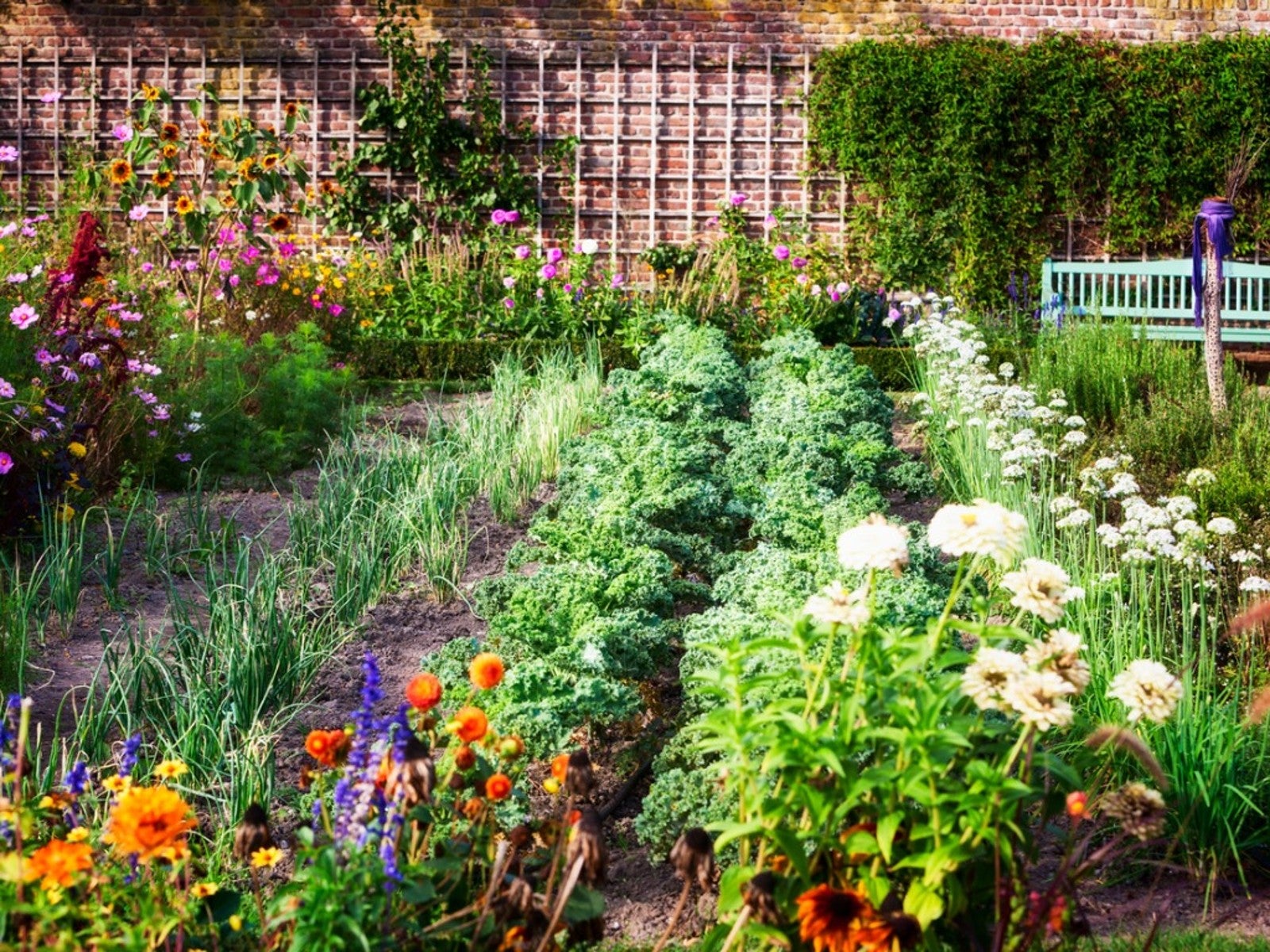
Planting flowers for the vegetable garden has a couple of benefits. The additional colors, aroma, and texture entice beneficial insects and other pollinators; and when cool weather plants are finished for the season, succession plantings of flowers will fill their place in the garden. What are the best flowers to plant with vegetables? Read on to learn about companion flowers for vegetables.
About Beneficial Flowers for the Vegetable Garden
Incorporating flowers into the vegetable garden is an age old practice brought about by smaller European gardens situated near the kitchen. Gardeners needed easy access to not only food crops, but medicinal herbs and flowers as well.
The same method can be used today and has many benefits to crops. Companion planting with flowers makes the garden more diverse. Diversity means that many diseases have difficulty taking hold or spreading easily.
Again, companion flowers for vegetable gardens also entice beneficial pollinators, which are a win/win for both crops and flowering plants. This diverse grouping gives pollinators not only food but habitat as well, and in general minimizes the necessity for chemical controls.
Simultaneously, beneficial flowers also minimize exposed soil which if left, can promote weed growth. Companion planting also keeps the soil moist and retards erosion.
Flowers to Plant with Vegetables
Some of the most beneficial flowers to include in the vegetable garden are those from herbs. Including herbs in your garden can repel pests as well as entice beneficial insects, and can be used in cooking or medicinally. Herbs to consider adding to the vegetable garden include basil, coriander, dill, fennel, lemon balm and rosemary.
Annual flowers such as sweet alyssum, nasturtium, and marigold are commonly used in the vegetable garden to entice beneficial predators. So too are zinnias, calendula, cosmos and sunflowers.
Gardening tips, videos, info and more delivered right to your inbox!
Sign up for the Gardening Know How newsletter today and receive a free copy of our e-book "How to Grow Delicious Tomatoes".
Even blooming perennials planted near the vegetable garden can have beneficial effects on crops. Situate them near not in the vegetable garden as perennial plants will often have large root systems that will compete for nutrients in the veggie garden.

Amy Grant has been gardening for 30 years and writing for 15. A professional chef and caterer, Amy's area of expertise is culinary gardening.
-
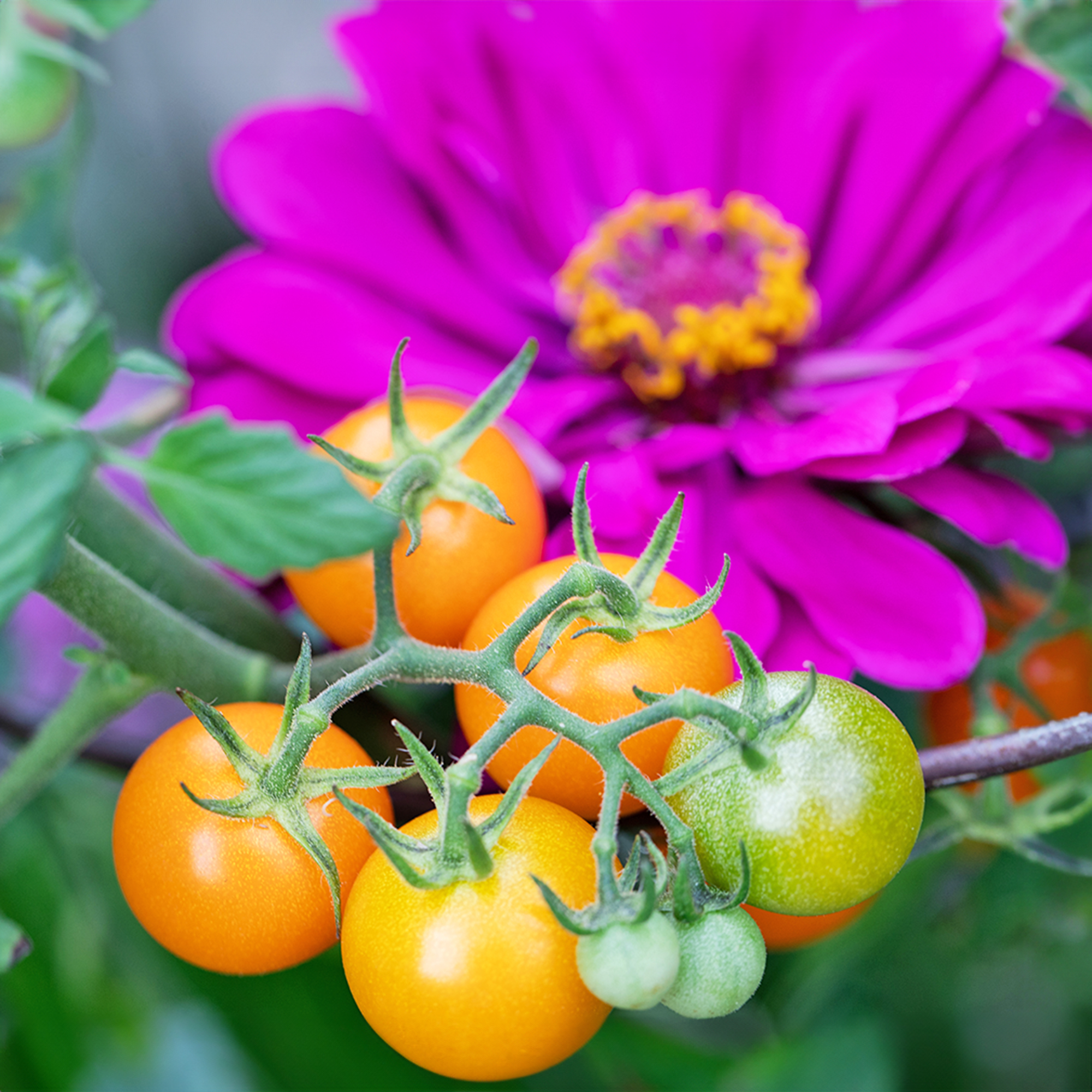 8 Perfect Flowers To Plant With Tomatoes To Boost Yields & Banish Pests
8 Perfect Flowers To Plant With Tomatoes To Boost Yields & Banish PestsDon’t forget flowers when choosing companion plants for your tomato beds or pots. These pretty, fragrant flowers add beauty but are also highly beneficial.
By Mary Ellen Ellis
-
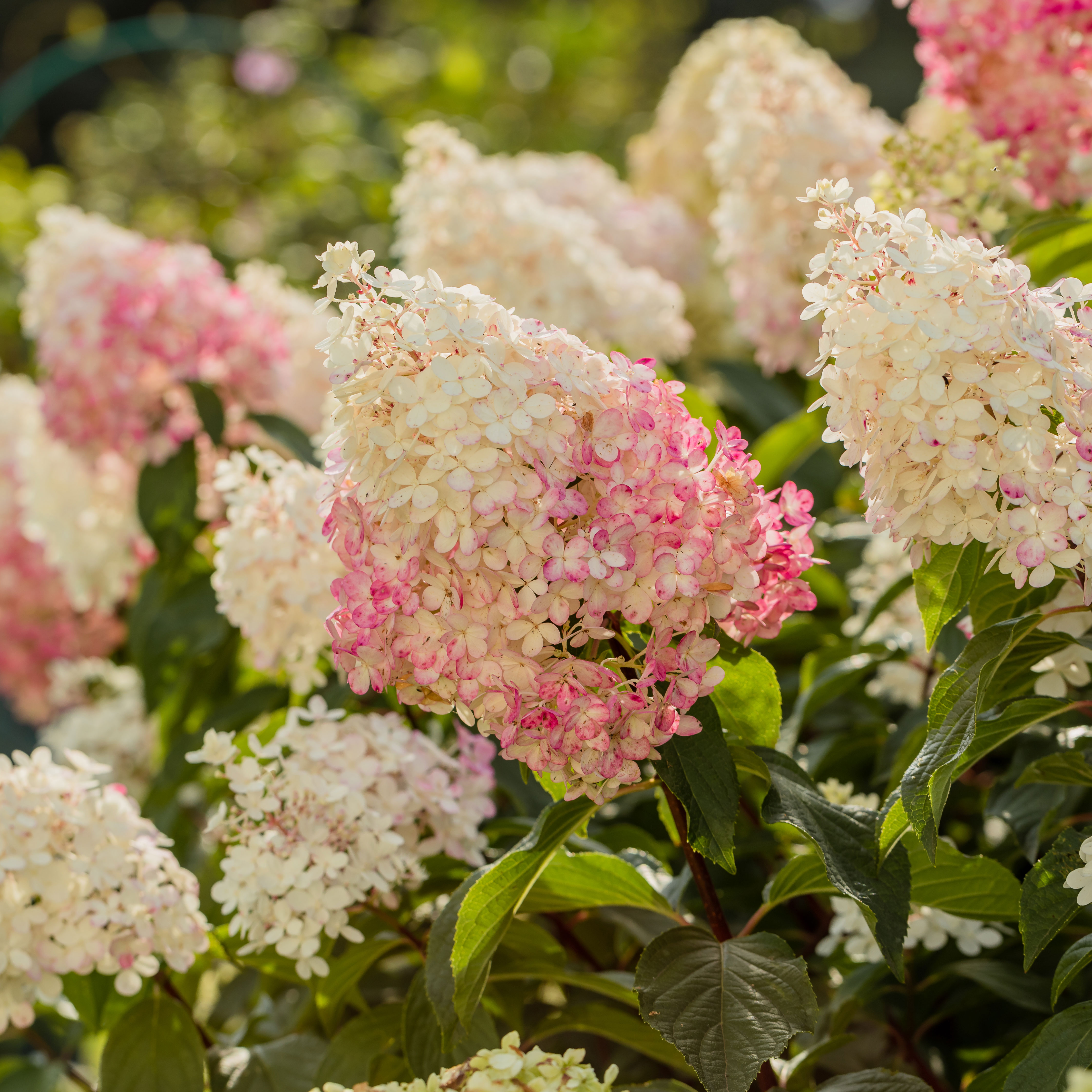 Want The Longest Lasting Hydrangea Flowers? Grow These 8 Panicle Hydrangea Varieties
Want The Longest Lasting Hydrangea Flowers? Grow These 8 Panicle Hydrangea VarietiesFor ornamental shrubs that deliver the longest flowering seasons with plush blooms and delicate hues, these panicle hydrangea varieties are essential in your yard
By Tonya Barnett
-
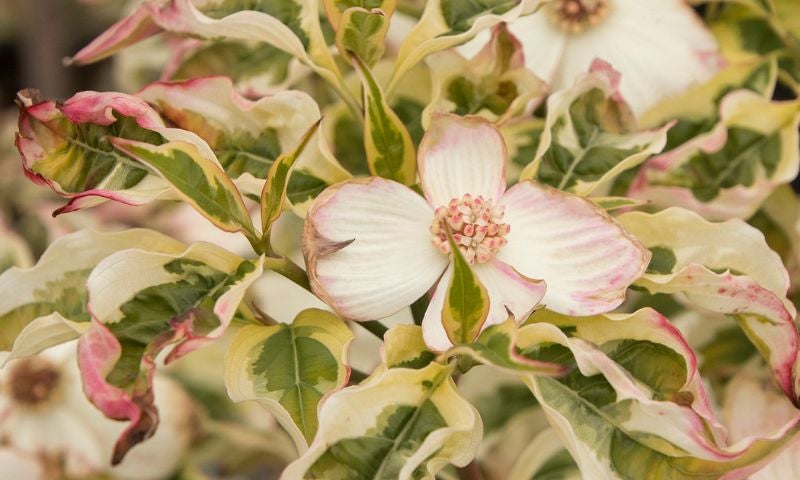 20 Hard-to-Find Spring Flowers & Plants That Look Amazing All Season
20 Hard-to-Find Spring Flowers & Plants That Look Amazing All SeasonIt’s finally beginning to look like spring! If you’re eager to find some unique, hard-to-find varietals to satisfy your spring fever, look here first.
By Caroline Bloomfield
-
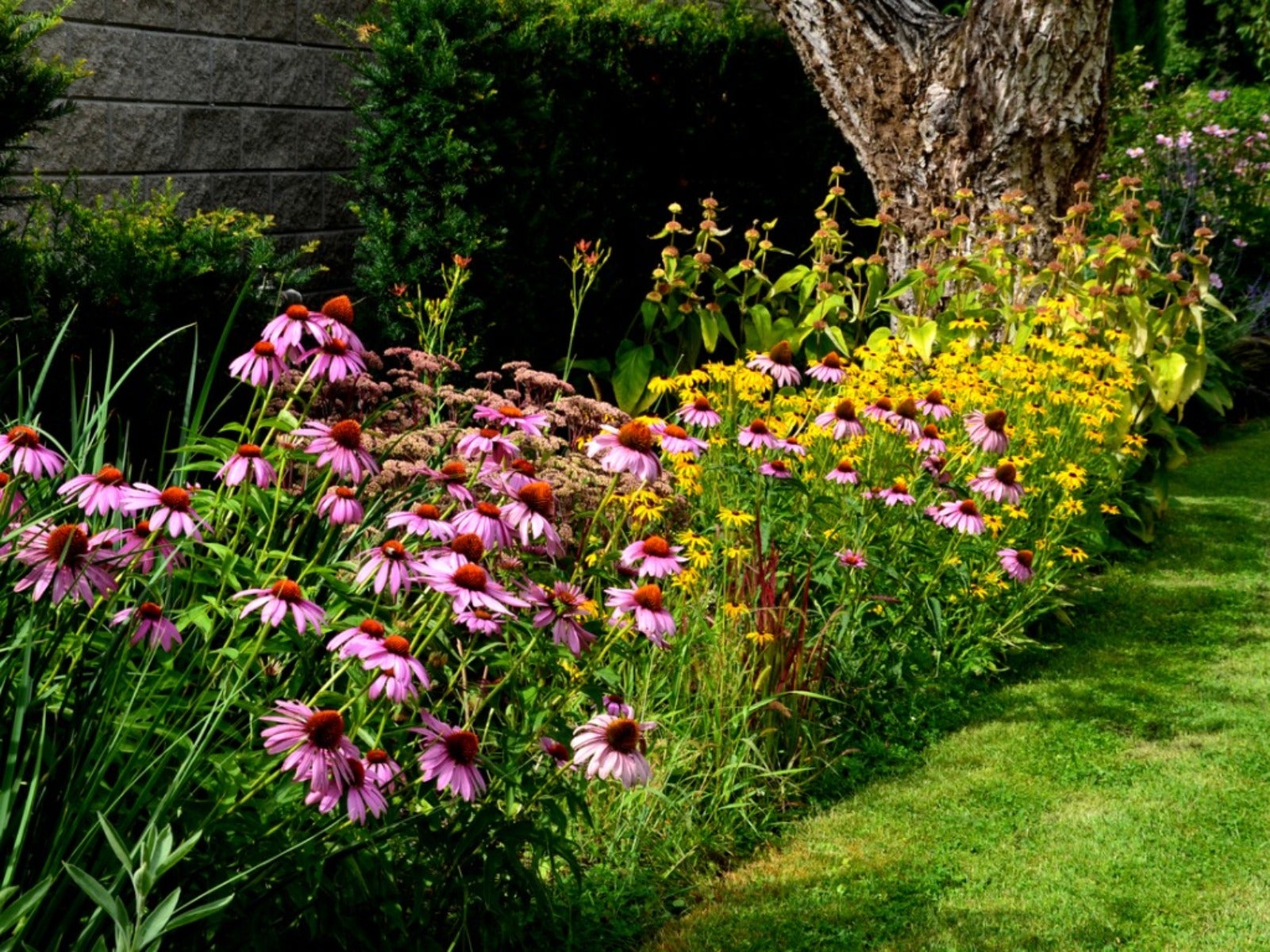 How Wildflower Strips Help Attract Pollinators To Your Yard
How Wildflower Strips Help Attract Pollinators To Your YardIf you have a small garden spot or strip available, fill it with wildflowers for our hungry pollinators. Click to learn more.
By Tonya Barnett
-
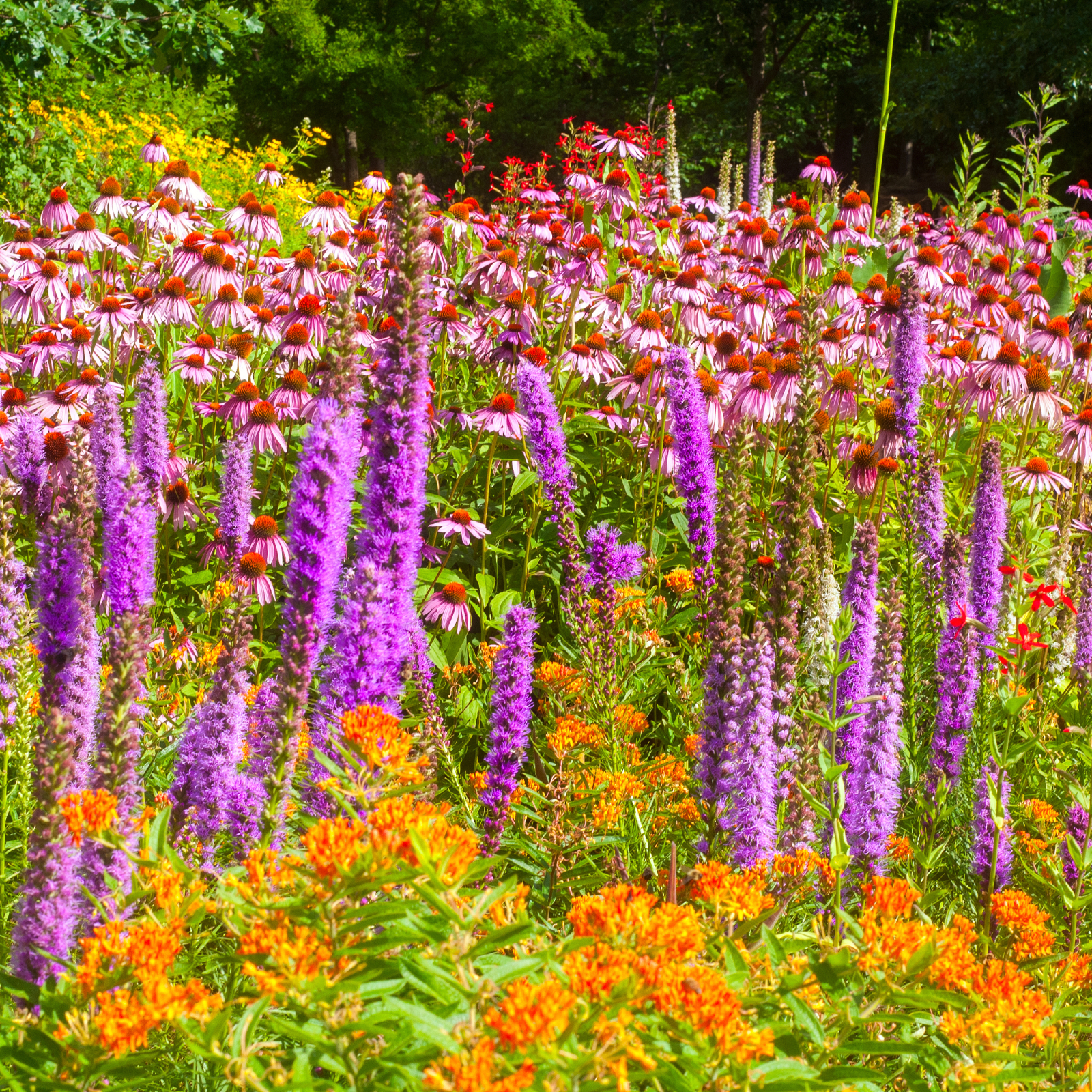 10 Knockout Native Flowers To Add A Punch Of Color To Your Garden
10 Knockout Native Flowers To Add A Punch Of Color To Your GardenGrowing native is the way to go. See our list of ten native wildflowers that will knock you out with color.
By Amy Grant
-
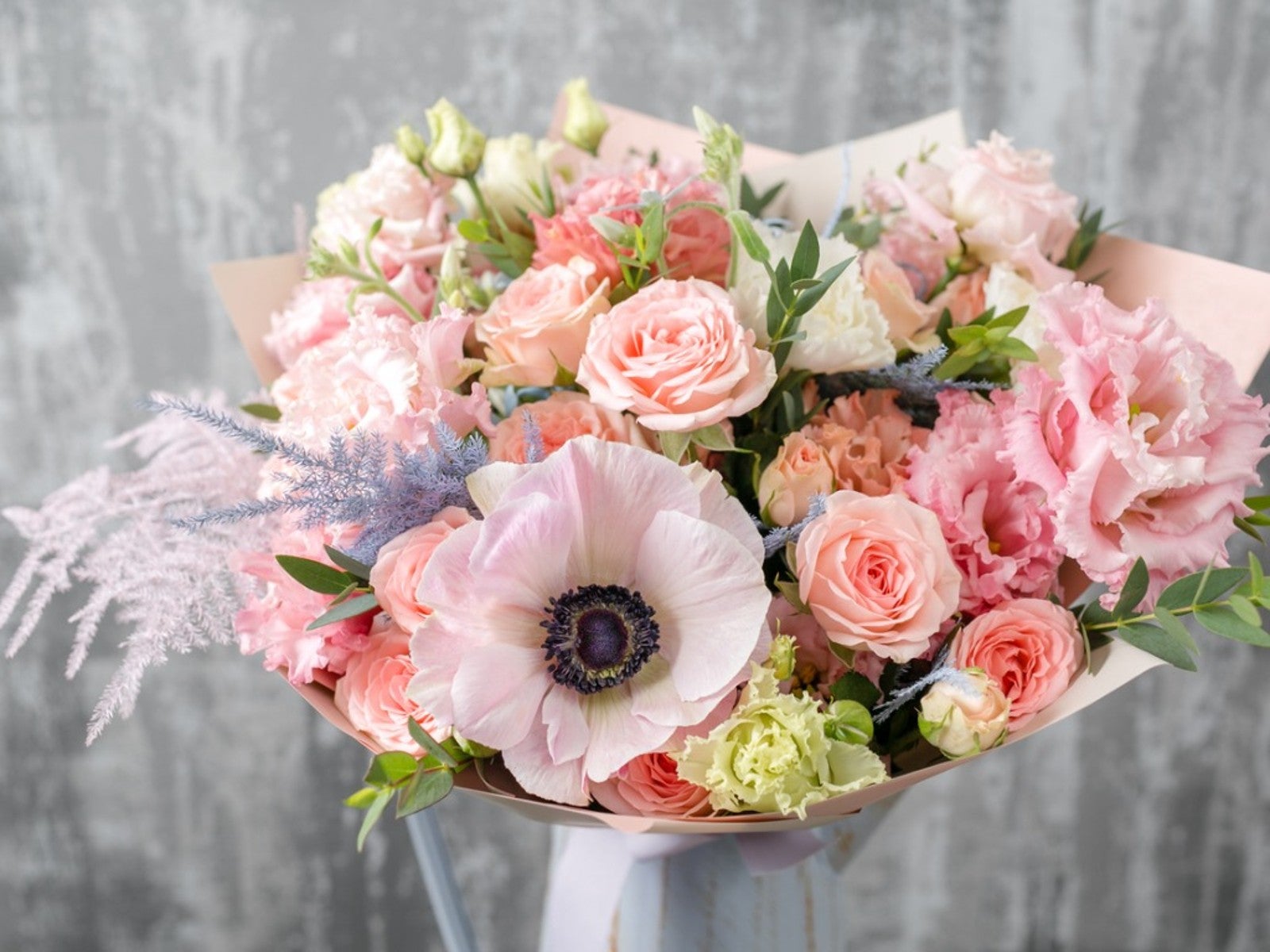 Pretty Plants For A Pastel Flower Bouquet
Pretty Plants For A Pastel Flower BouquetRoses aren’t the only romantic flower. Some romantic pastel flowers can fill in beautifully.
By Tonya Barnett
-
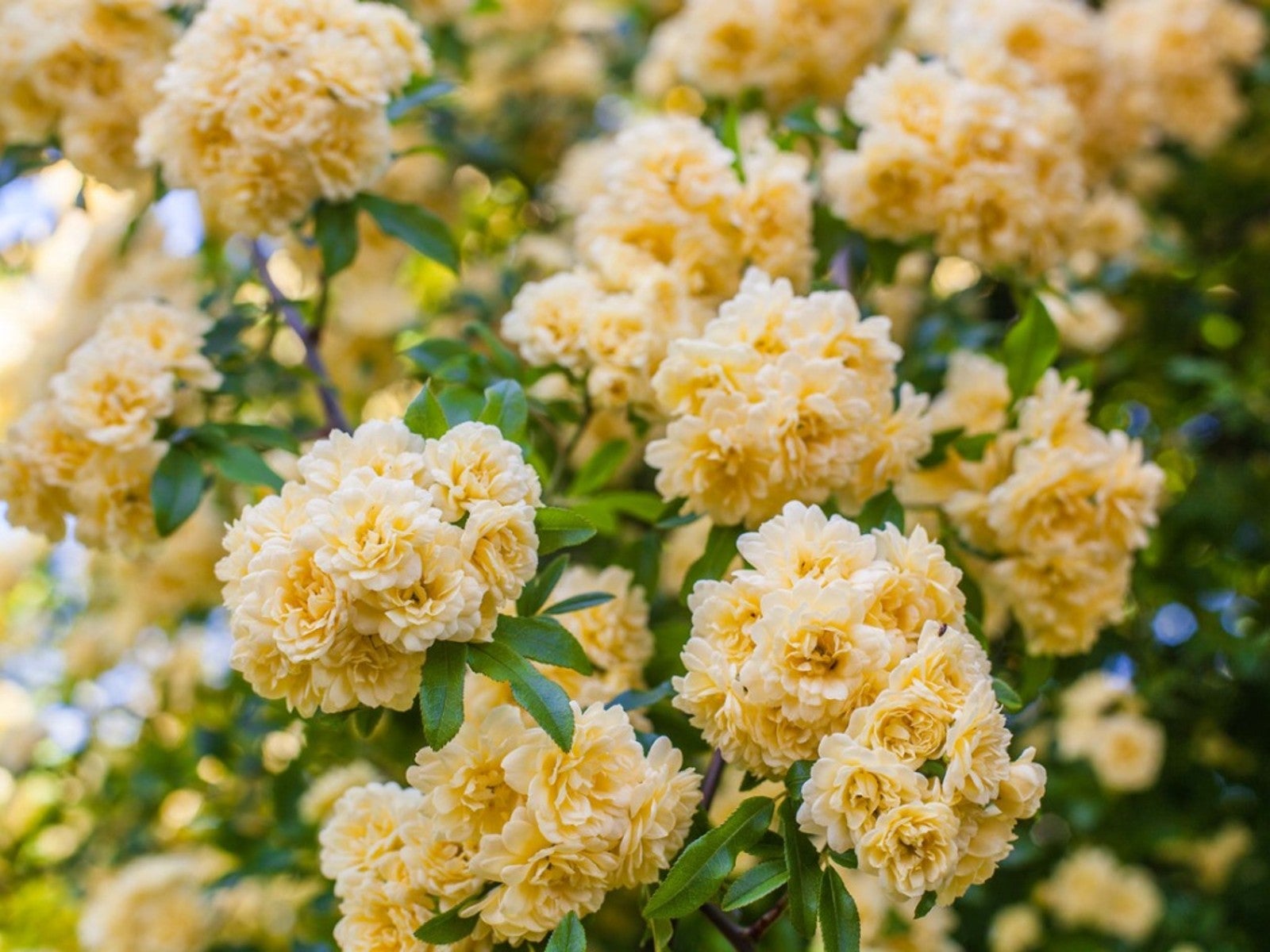 Soft Yellow Plants For A Sunny Pastel Garden
Soft Yellow Plants For A Sunny Pastel GardenClick here for ideas on some pale yellow flower varieties for pastel garden designs.
By Tonya Barnett
-
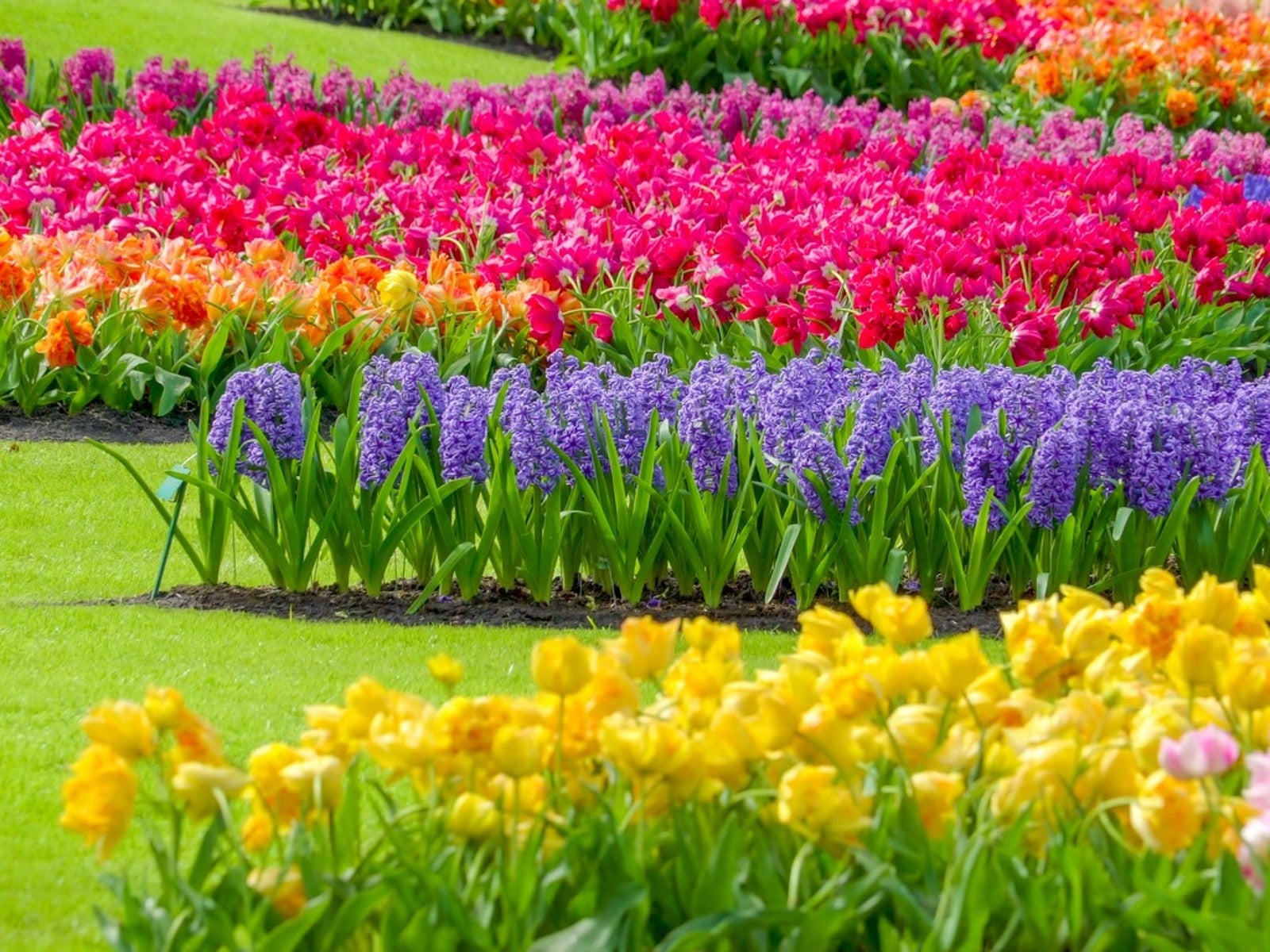 Most Common Flower Color In The World
Most Common Flower Color In The WorldWhat are the most common and least common flower colors in the world? Click here to find out.
By Mary Ellen Ellis
-
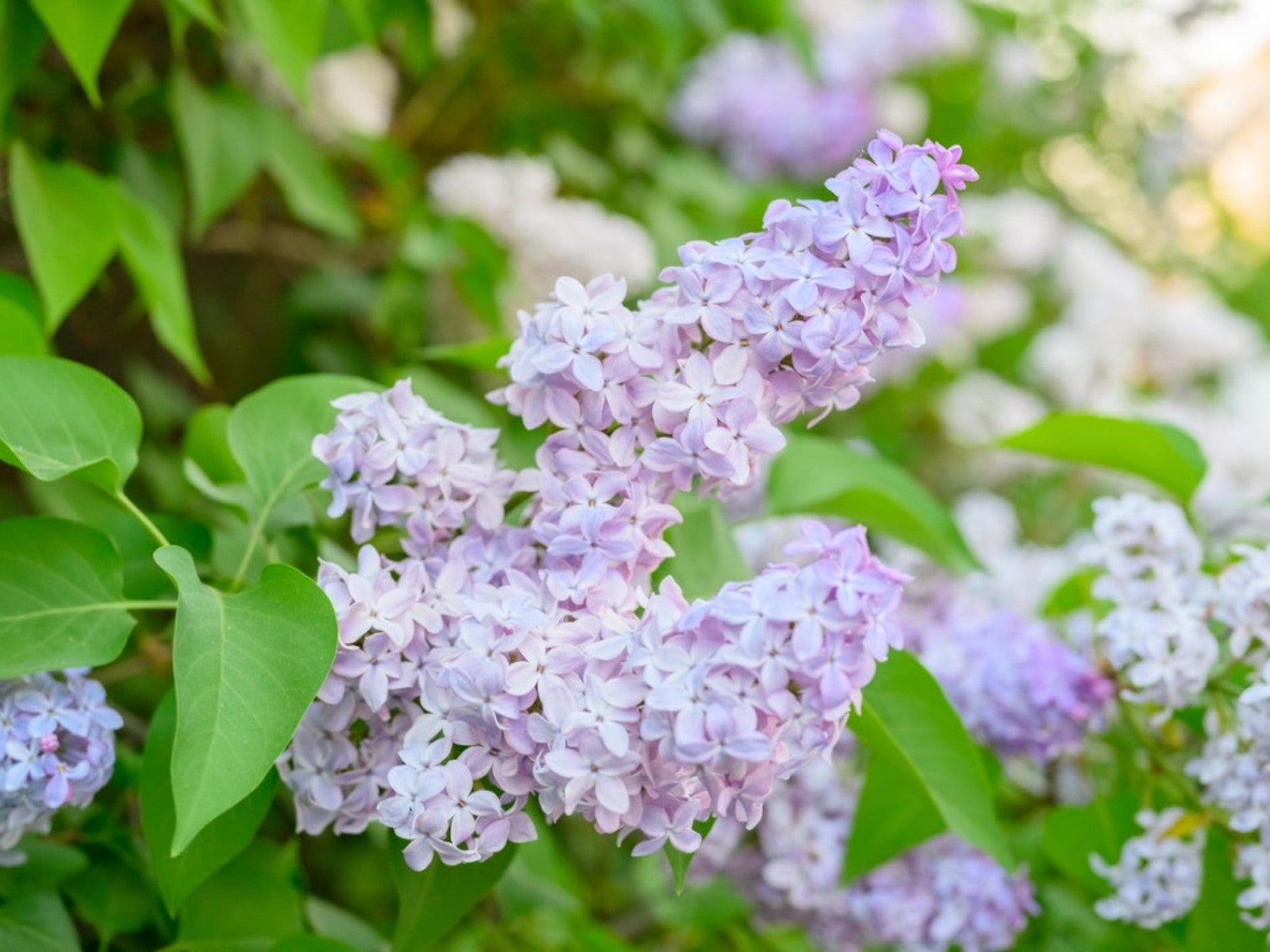 Pastel Plants For A Lovely, Light Purple Flower Garden
Pastel Plants For A Lovely, Light Purple Flower GardenClick here for ideas on some light purple plants for a pretty, pastel garden display.
By Tonya Barnett
-
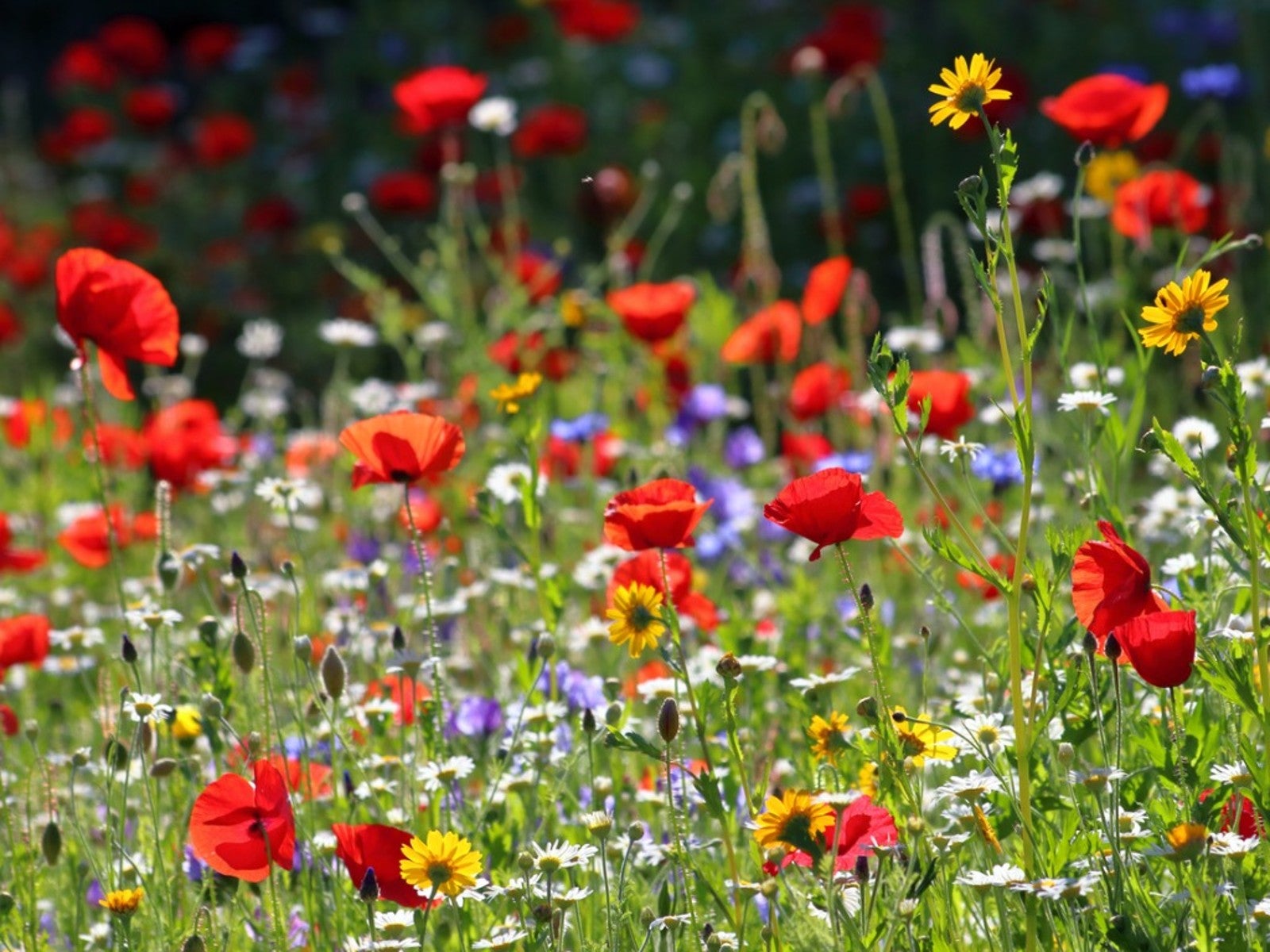 Plant Wildflower Seeds In Fall for A Stunning Spring Display
Plant Wildflower Seeds In Fall for A Stunning Spring DisplayCan you plant wildflower seeds in fall? What makes fall the best time to sow wildflower seeds? Click here for more.
By Tonya Barnett